A look at Muhammadu Buhari’s major campaign promises as Nigerians prepare for the February 2019 presidential election.
The ruling All Progressives Congress reportedly made several promises during its campaign before coming into office in 2015. It would not take long before the party disowned some of the promises including taking down a version that was hitherto publicly available on the party’s website. President Buhari literally said he had nothing to do with the numerous promises made on his behalf.
Three months into the coming elections, the Nigerian government (which has been accused) of disowning its campaign document (“My covenant with Nigerians,” an outline of the administrations promised achievements within its first 100 days) can thus only be judged on the three key promises it has owned up to. One – to fight corruption; two – to build the economy and three – to secure the nation.
With the President contesting for another term, let us take a look at these major promises, as we prepare for the next general elections.
- SECURITY
In 2015, Nigerians voted in retired military general Muhammadu Buhari as a response to the growing insurgency in the country. Boko Haram had taken control of several local government areas in the North East under the Goodluck Jonathan administration. Buhari appointed new Service Chiefs after assuming power and gave an ultimatum for the insurgents defeat before end of December 2015. A few months later, the government through the Nigerian military would claim that it ‘technically’ defeated the Boko Haram terrorists.
In April 2016, Reuters reported that Nigerian soldiers were attacked in an ambush leaving 8 soldiers dead. On 15 July 2018, hundreds of Nigerian soldiers went missing after the Boko Haram faction led by Abu Musab al-Barnawi overran a Nigerian army base in the northeastern part of Nigeria. Less than 100 Nigerian soldiers returned after the attack. In December 2018, The Guardian reported that Boko Haram insurgent had attacked and re-claimed Baga in the North of Borno state, quoting the Nigerian government’s account of events: that the fight was still ongoing.
Over 100 Chibok girls (who were kidnapped under the watch of Goodluck Jonathan) were reported by local and foreign media to have returned home following the announcement and public display of a number of the girls by the Nigerian government.
In 2017, Boko Haram again abducted 110 school girls, this time in Dapchi area of Yobe State. Leah Sharibu (one of the abductees) who refused to renounce her Christian faith is still being held. The rest were surrendered back to the Nigerian government through an unknown military arrangement.
In comparison with the spate of killings in the period before Presidents Muhammadu Buhari’s time in office, Boko Haram’s activities have declined. No reports have been made on Boko Haram’s activities beyond the northeast under the Buhari administration.
Beyond the insurgency group, increased violent attacks have been reported in Benue state through violent clashes between herders and farmers leading to the deaths of hundreds and displacements of thousands of people. In Kaduna, ethnic militias have been responsible for a string of abductions, and clashes with the military. In Zamfara over hundreds of civilians have been killed over the last two years. Amnesty International estimates the civilian death toll at almost 3,600 in a report that has been largely contested by the Presidency.
In the South Eastern state of Abia, separatist group IPOB had its members severely attacked by the Nigerian army in a sting operation leading to the fleeing of their leader Nnamdi Kanu. In Zaria, the Nigerian government’s heavy handling, attack and capture of Shiite members was documented in an Amnesty International report which stated that more than 350 people are believed to have been unlawfully killed by the military between 12 and 14 December, following a confrontation between members of the Islamic Movement of Nigeria (IMN) and soldiers in Zaria, Kaduna state. Protests by the group for the release of their leader El-Zakzaky resulted in at least 10 deaths in October 2018.
In summary, the Nigerian government has made some efforts to curb the activities by the insurgent group Boko Haram – restraining its activities to particular places in the North-eastern region. It has however not handled creditably, similar cases of violent events across other parts of the country.
- ECONOMY
Another big promise made by Muhammadu Buhari is to revive the economy. The Buhari administration argues that Nigeria has recorded some successes in these area since 2015. The administration claimed to have saved billions through the implementation of the Treasury single account in September 2015 and that it also established an Efficiency unit to prevent wastage of public funds and reduce cost of governance, including saving billions monthly as a result of implementing a an integrated salary and wages payment platform.
Foreign reserves have recorded significant boosts from less than $30bn to over $42bn under Buhari and the administration touts this as one of its key achievements. The policies pursued by the administration in the agricultural sector and through the import policy has been credited with a reduction of the import bill from about $5milion per day to near zero on rice importation alone, according to President Buhari while the Nigerian Customs claimed to have generated its highest revenue in 2017 reaching N1 trillion. The Country has likewise improved in terms ease of doing business since 2015 according to the World Bank data. The presidency claims to have massively improved Nigera’s infrastructure through the an increased budgetary allocation that reached over N300 billion in 2018.
But on the other side, regulation of the exchange rate and tight fiscal controls led to a multiple exchange regime, a situation that saw One (1) US Dollar exchange for up to 520 Naira on the parallel market. In 2016, under Buhari’s watch Nigerian economy slipped into recession after successive negative GDP growth. Since Nigeria’s recovery from the recession, largely fueled by a lift in oil prices, the country has struggled with growth as GDP growth remains under 2%. According to statistics by the Central Bank of Nigeria, inflation remains at double digit since it reached a high of 18.72% in 2017. These have resulted in a huge mass of (21 million) of unemployed persons and the uptick in poverty with Nigeria officially earning the title as the World’s poverty capital with over 80 million people living in abject poverty.
While there are arguments that the downward slide of Nigeria’s economy did not happen overnight and that past administrations should share part of the blame, there is agreement that some of the day’s Government policies and actions have largely contributed to the present situation.
- CORRUPTION
Buhari promised to be accountable if elected by Nigerians. The President formed a special anti-corruption committee few months after coming to power in 2015 and then launched a National Anti-corruption strategy that would assist in combating corruption. The government did make effort to set up special anti-corruption trial courts with powers “to seize cash and assets of Nigerians convicted of failing to explain how they came about their humongous wealth.”
The Chief of anti graft agency, EFCC, Ibrahim Magu, announced that they have made some recoveries of cash over N500b in 2017. The Anti-corruption agency recorded over 300 convictions in 2018 according to its spokesperson but only a fraction are political big names including two former northern Governors: Jolly Nyame and Joshua Dariye who are in Kuje prison.
Opponents of the Buhari anti-corruption campaign have accused it as being selective, and a witch hunt often labelled as “media trial.” The Government has also struggle to get Ibrahim Magu confirmed by the National Assembly on several occasions. The EFCC is also perveived as unfair, as it has been accused of investigating mostly opposition members and ignoring call to investigate people close to Government such as the ruling party’s Chairman, Adams Oshiomole (a former Governor in Southern Nigeria).
The EFCC which investigated Governor Ayo Fayose while he was in office (who is now being prosecuted) and still investigating Akwa Ibom Governor is still finding it hard to commence an investigation on Kano Governor, Abdullahi Ganduje who was allegedly caught on tape receiving kickbacks from contractors in a serial video being released to the internet. The Government is also being accused of disregarding rule of law in its own way of fighting graft.
In 2016, the state security operatives raided the residences of top judges in the FCT and other states where millions of cash and properties were allegedly found. Nigeria’s Lawyer’ President, Paul Usoro is in court battling 10 count charges while two executive orders were signed by the President in October in a bid to stop corruption and counter money laundering and tax evasion.
Yet the Buhari administration itself has been rocked by accusations of corruption at the highest levels. In 2017, Buhari ordered the suspension of the Secretary to the Government of the Federation, Babachir Lawal over alleged corruption after a report was submitted to the President. He was sacked but has not yet been prosecuted. The same man was cleared by the Presidency.
The adviser on prosecution of corrupt persons to the President, Obono Okoi Obla’s certificate has been affirmed by the West African Examinations Council, WAEC as invalid with no consequences. The former finance Minister, Kemi Adeosun had to vacate her post after she was busted of certificate forgery. Multiple allegations have rocked the government including illegal withdrawal of billions, about 28 billion, from the Ecological fund account, diversion of over $1bn from NLNG accounts, and more recently depleting over 70% of the Excess crude accounts savings to less than $1m in just 6 weeks, most without following due process. The National Assembly is still probing many of these allegations. Earlier in May, the Nigerian Governors Forum through its chairman, Governor Abdulaziz Yari has accused the state oil company, the NNPC of corrupt practices bordering its subsidy payment scheme. President Muhammadu Buhari doubles as the Petroleum minister under whose watch these illegalities allegedly happened.
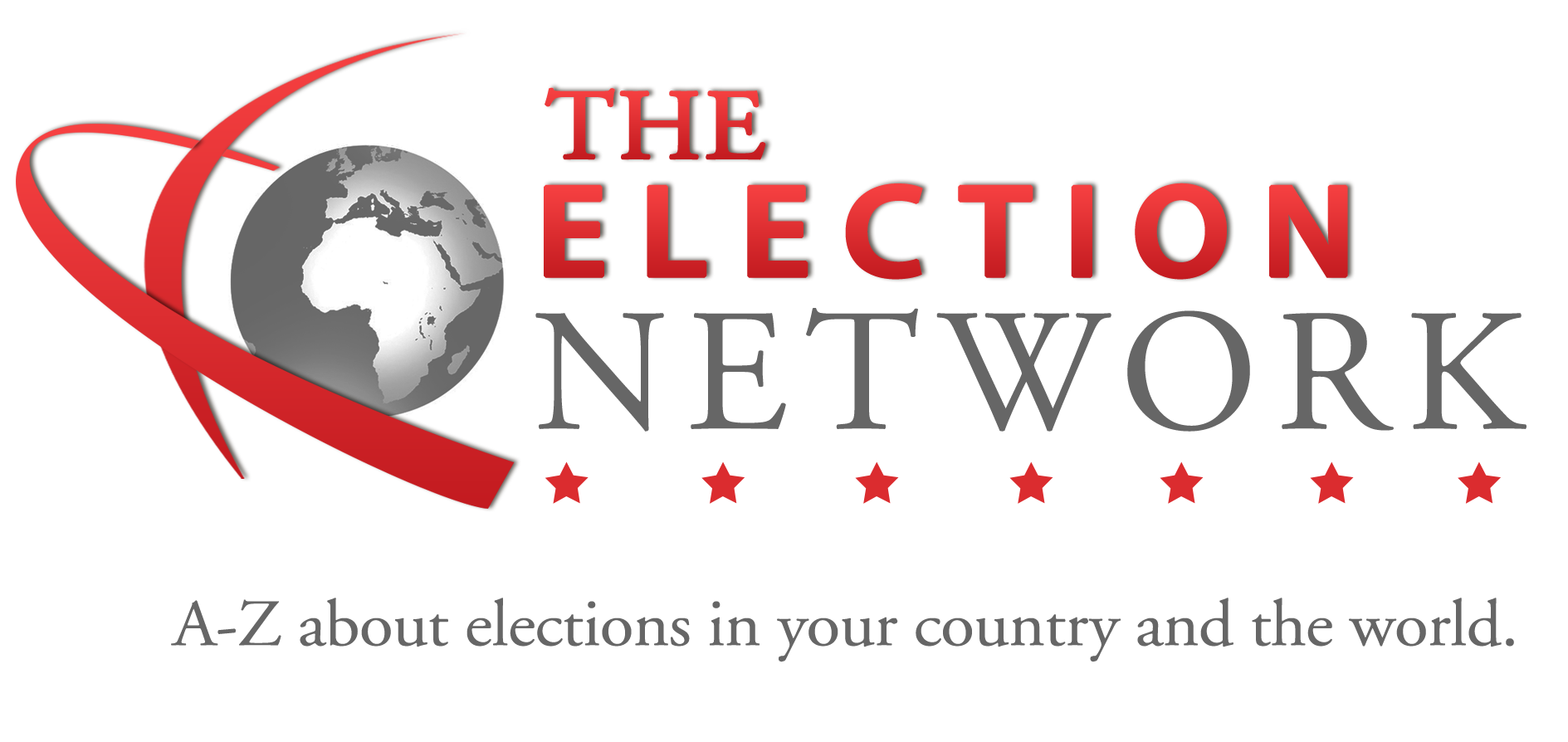
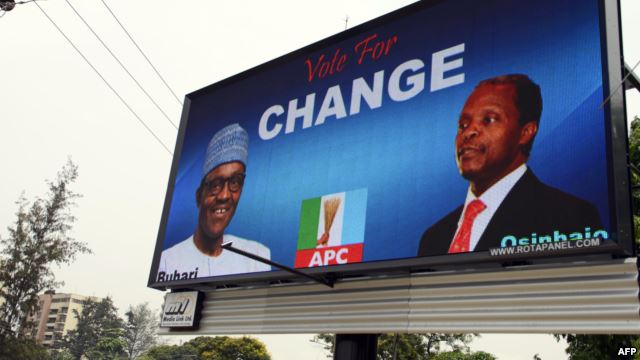
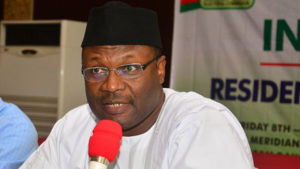
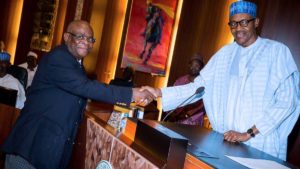
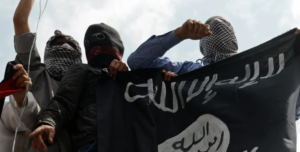
Stephen moke
27 Jan 2019It is a pity,sympathetic as a people of this part of the world. Our destiny is in our hands.were are the intellectual.For how long do we leave this way and for the generation unborn.people build America,dubai of recent.What is wrong with us #black race# Nigerians